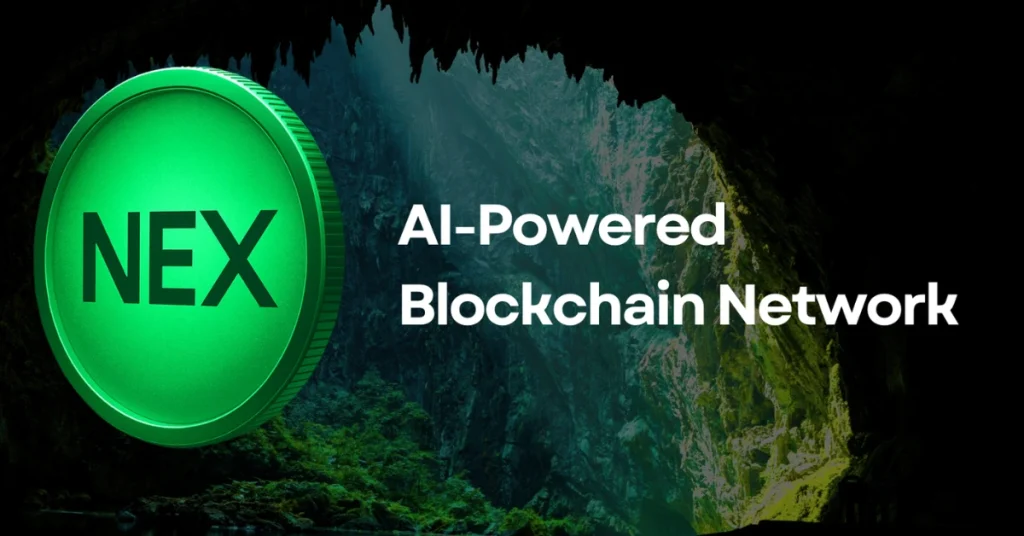
If you had the chance to sit across the table from one of the world’s most influential tech CEOs and ask how to future-proof your career, what would you hope to hear? For Nvidia CEO Jensen Huang, the answer is simple and surprisingly personal. “If I were a student today, irrespective of whether it’s for math or science or chemistry or biology—it doesn’t matter what field of science I’m going into or what profession—I’m going to ask myself, ‘How can I use AI to do my job better?’” he said during a candid conversation on the Huge Conversations podcast with Cleo Abram.
This wasn’t just corporate lip service. It was a glimpse into how one of tech’s biggest names views the future of work—and the evolving role of artificial intelligence in it.
According to Huang, the real magic of AI isn’t just in using it—it’s in knowing how to use it. Tools like ChatGPT, Gemini Pro, and Grok are now widely accessible, but using them effectively is a skill in itself. “Learning how to interact with AI is not unlike being someone who’s really good at asking questions,” Huang explained. “Prompting AI is very similar… it requires some expertise and artistry.”
Huang’s advice isn’t abstract theory—it’s a call to action. A 2024 study by Harvard Graduate School of Education, Common Sense Media, and Hopelab found that just 11% of Americans aged 14 to 22 use generative AI more than once or twice a week. And yet, LinkedIn’s 2025 Work Change report forecasts that 70% of the skills used in most jobs could change by 2030 due to AI. That means the future won’t just reward those who memorize facts or formulas. It will reward those who can ask better questions—who can collaborate with machines to stretch the limits of what’s possible. So what does it take to thrive in the AI-powered future? According to Jensen Huang, it starts with curiosity, strategy, and the courage to ask the right questions. Whether you’re studying history or computer science, whether you dream of a lab coat or a boardroom—learning how to speak AI may be the single most important skill you can pick up today.
This wasn’t just corporate lip service. It was a glimpse into how one of tech’s biggest names views the future of work—and the evolving role of artificial intelligence in it.
According to Huang, the real magic of AI isn’t just in using it—it’s in knowing how to use it. Tools like ChatGPT, Gemini Pro, and Grok are now widely accessible, but using them effectively is a skill in itself. “Learning how to interact with AI is not unlike being someone who’s really good at asking questions,” Huang explained. “Prompting AI is very similar… it requires some expertise and artistry.”
He draws a comparison that makes perfect sense: Imagine you’re an entrepreneur, and someone asks, “Tell me about your business.” It’s so broad, it’s almost impossible to answer meaningfully. But ask, “What are the first steps to launching an online retail business?”—and suddenly, you’ve opened the door to useful, actionable insight.
Huang’s advice isn’t abstract theory—it’s a call to action. A 2024 study by Harvard Graduate School of Education, Common Sense Media, and Hopelab found that just 11% of Americans aged 14 to 22 use generative AI more than once or twice a week. And yet, LinkedIn’s 2025 Work Change report forecasts that 70% of the skills used in most jobs could change by 2030 due to AI. That means the future won’t just reward those who memorize facts or formulas. It will reward those who can ask better questions—who can collaborate with machines to stretch the limits of what’s possible. So what does it take to thrive in the AI-powered future? According to Jensen Huang, it starts with curiosity, strategy, and the courage to ask the right questions. Whether you’re studying history or computer science, whether you dream of a lab coat or a boardroom—learning how to speak AI may be the single most important skill you can pick up today.
As Huang put it, “The first thing I would do is to learn AI.” And perhaps, that’s what will separate the dreamers from the doers in tomorrow’s world.











